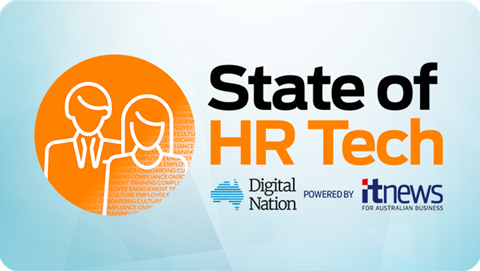When organisations are considering embracing new technologies like generative AI and Web3, they should understand how they will help employees do their jobs better.

Kate Pounder, CEO of the Technology Council of Australia spoke to Digital Nation about how new technologies can be used to enhance human work rather than hinder it.
She compared AI technologies nowadays to the surge of personal computers and new software in the 90s and 2000s.
She said, “In the same way that through the 90s, in the early 2000s, people got personal computers on their desks at work, they got software applications that like Excel that was letting them do calculations much more efficiently. That to me is what AI technologies are most akin to.”
She said while generative AI is helpful, it still needs humans to be used to its full potential.
“I try to think about what are humans great at that these technologies are less good at. If you think about generative AI, you need to be able to frame the question and the problem you're trying to solve in the first place.
“Humans remain much better at that than AI o teaching your kids, problem-solving and conceptual thinking is important,” she explained.
Pounder said generative AI is great at summarising lots of information, but it's not great at analysing information.
Importance of digital skills
Digital skills in today’s economy are essential because industries are either undergoing digitisation or have successfully digitised, Pounder said.
“There are now over 900,000 tech jobs in Australia sitting across the economy and 60 percent of them are not in tech companies. They're sitting in banks, government, the health sector, the education sector, mining, professional services and retail,” she explained.
With the tech layoffs happening overseas and in Australia, Pounder explained it is a time for organisations to double down on digital skills.
“The world is only going to digitise more not less. What I worry about at the moment is people will look in the papers, see stories about the tech layoffs and think it is not a real thing, or I can take my foot off the accelerator in terms of hiring more people or training more people,” she said.
“When I think the reverse is true, that the demand for people with these skills is only growing. We've seen that we've seen it in our own work. If you look at ABS data, there was 9 percent growth in tech jobs up to November 2022.
“People using the time to think about what they can train in, how they can apply it in their work is vital,” she added.
From this current state of digitisation, Pounder said it is a “huge job opportunity” for Australians who go into those jobs or who acquire digital skills.
She said, “[The] more advanced a person becomes in those skills, the more job opportunities you're going to have. Those jobs are typically well paid, meaningful, giving you more job security in your career and more opportunity. It's such a fast-growing area, and the jobs are so plentiful.”
Because Australia is becoming a digital economy, Pounder said it also makes digital skills a must-have.
“As a country, if we want our economy to keep growing, if we want to be competitive, if we want to have a high standard of living, we need people with the right skills to be working in this industry so that we can make those goods and services,” she said.


_(22).jpg&h=140&w=231&c=1&s=0)
.png&h=140&w=231&c=1&s=0)
_(20).jpg&h=140&w=231&c=1&s=0)




_(26).jpg&w=100&c=1&s=0)

 iTnews Executive Retreat - Security Leaders Edition
iTnews Executive Retreat - Security Leaders Edition











_(1).jpg&h=140&w=231&c=1&s=0)



